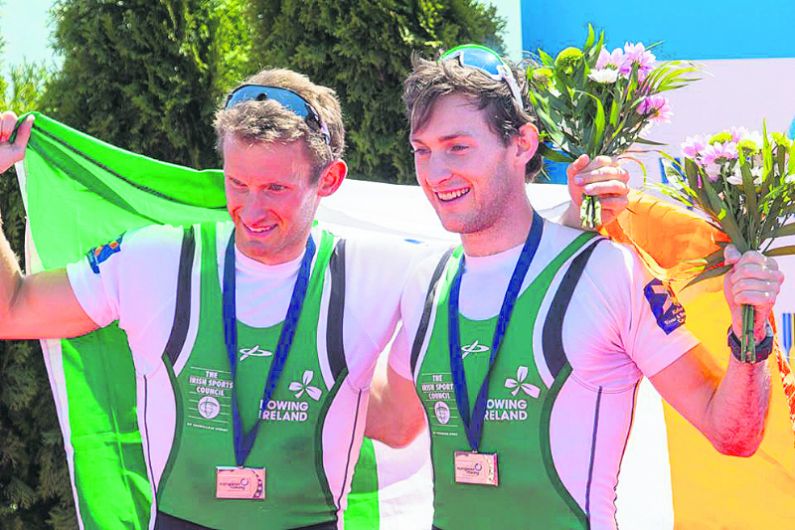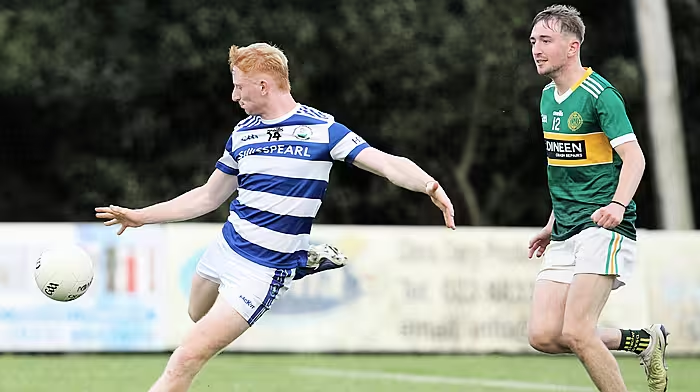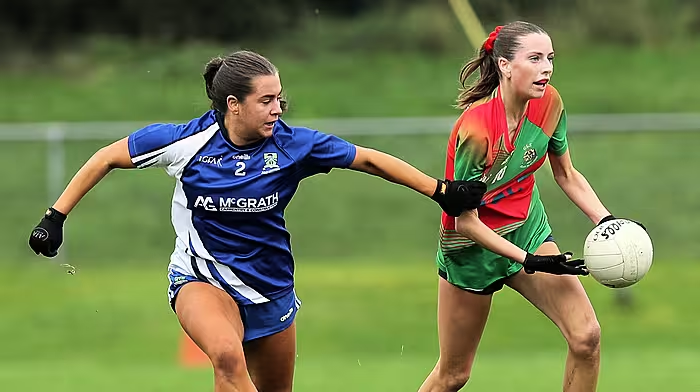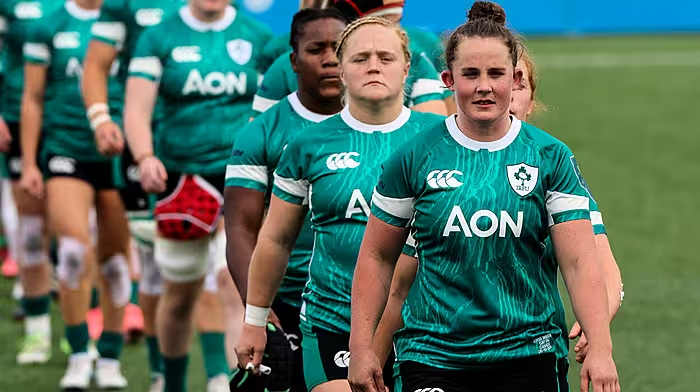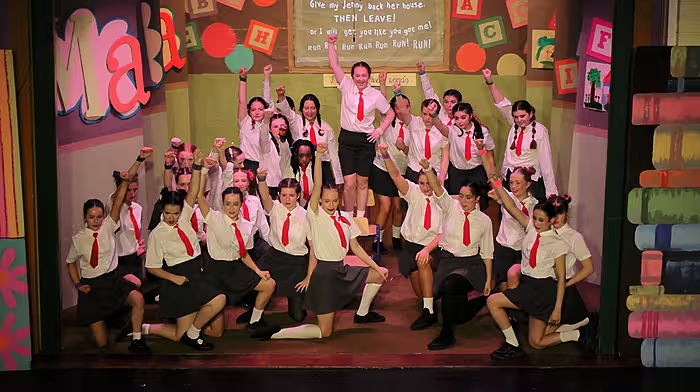Here's some advice for journalists across the country: when you’re talking to, or about, the O’Donovan brothers, don’t use the words ‘your customary slow start’ in the same sentence.
BY KIERAN McCARTHY
HERE’S some advice for journalists across the country: when you’re talking to, or about, the O’Donovan brothers, don’t use the words ‘your customary slow start’ in the same sentence.
‘There’s no slow start,’ Gary stated, when quizzed why the Lisheen brothers appear to take their time before making their trademark final sprint.
In the A final of the men’s lightweight double sculls at the Europeans last weekend, Gary and Paul relinquished their European title to the Olympic gold-winning French crew of Pierre Houin and Jeremie Azou.
Fifth after 500 metres and at the halfway mark, the Skibbereen Rowing Club stars were fourth with 500 metres to go before they made their move to take silver ahead of Italy and Poland.
In the A/B semi-final, they were sixth at 500m, fourth at 1000m, third at 1500m before finishing second.
But Paul says it’s a misconception that people feel the Irish double is slow off the mark, as he explains.
‘The others just go off very hard altogether and we just think it’s a bit ridiculous to expend that much energy when it’s more efficient to not do it,’ Paul said.
‘I think our first 500 metres in the final was our quickest of all four and that was from a standstill as well because we were running at full pace into the other ones so we are expending the most amount of energy in the first 500 metres still, and people are still saying it’s slow when it’s actually quick.
‘It’s a misconception of the general public.’
Gary is in full agreement with Paul.
‘If we went off harder at the start we’d be going slower at the finish. Either way we will get to the finish line as fast as we can. We just think our way is a more efficient way of doing it, instead of trying to change speeds by going off fast, slowing down and trying to go fast again,’ he said.
‘Our speed was very consistent from start to finish, there was a second between our fastest and slowest 500 metres, so while it looked like we were going faster through the field in reality the rest were going slower and coming back to us.’
Both brothers agree that the French double is the boat to beat these days but they fully believe that with a full block of training this summer behind them, they’ll have what it takes when it comes to the world rowing championships in Florida in September.
‘They are Olympic champions, world champions and now European champions, they were undefeated last year, they are exceptional,’ Gary said.
‘They have good technique, they have good erg scores, they work hard and train hard – but they are human beings too and it doesn’t mean that they can’t be beaten.’
Paul adds: ‘We came close to them in Rio, we were half a second off them and I think with a good summer’s training we will have a good crack off them again.’
Gary and Paul finished outside the medals, in fourth place, at the opening World Cup regatta in May but that can be attributed to their lack of time together in the boat in the lead up to Belgrade – but back training together now will help their quest in the upcoming World Cups and the worlds.
‘The big issue we had in Belgrade is that we just went there, sat into the boat and only had two or three days together; it’s all about time in the boat,’ Gary explained.
‘You saw how with a little bit more time together that our results got better and our boat speed increased a bit. It’s about time in the boat. We’ll train harder, we’ll try and recover better after training, we’ll try and get our nutrition a bit better and hopefully that will get us faster at the world championships.’

